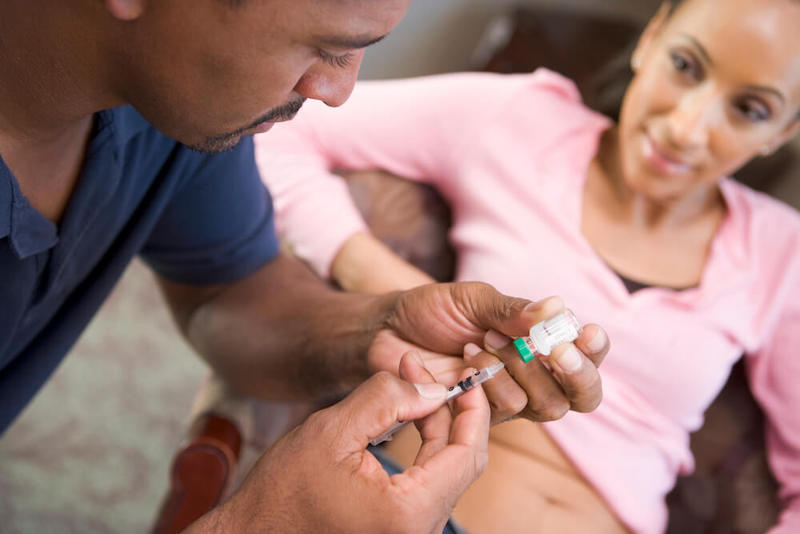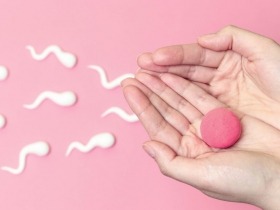Factors Determining IVF Success - Part 2
IVF treatment is a delicate and multi-faceted process involving the following stages - ovarian stimulation; egg harvesting and fertilization; cultivation of embryos, and embryo transfer to the uterus. The ultimate goal of these steps is a successful pregnancy and healthy birth.
In the first part of this series, we looked into some of the factors that can impact the success of the IVF cycle. Those were related to:
- the patients’ age,
- the history of previous pregnancies,
- the existence of fertility problems,
- and the quality of eggs, sperm, and embryos.
Apart from the above elements, IVF success depends also on the following four aspects:
The execution of the controlled ovarian stimulation (COS) protocol
During this procedure, the person undergoing IVF treatment is prescribed specific fertility-inducing medications which stimulate the ovulation of multiple ovarian follicles. Fertility specialists typically select this medication plan according to the patient’s profile. The crucial steps in the COS protocol are the precise dosage and timing.
This stage is crucial as the intraovarian hormonal changes caused by drug intake can also impact the egg and embryo quality. The timing of ovulation and egg harvesting must be selected just right, as it is essential for providing eggs that are neither too immature nor too mature.

The patient’s uterine's receptivity
The uterine receptivity is as essential as embryo viability. The aspects that determine how ‘hospitable’ a uterine is are the thickness of the inner lining, the outline of the uterine, as well as the presence or lack of some infectious or inflammatory conditions like endometritis and hydrosalpinx. Some studies have shown exciting results in increasing the receptivity of the uterus [1, 2, 3].
The embryo transfer
The timing of the embryo transfer is considered one of the most pivotal factors determining the success of the IVF cycle. The healthy embryo, and the receptive uterine environment, together with an impeccably timed IVF implantation, will considerably elevate the chances of a positive pregnancy result.
The lifestyle of the patent
Last but not least, observing healthy daily habits, such as exercising moderately, following a nutritious diet, and abstaining from smoking and alcohol consumption, will only increase the success rate of IVF treatment. Cigarette smoking, drinking, and obesity are the three most detrimental factors that can affect the favorable outcome of the process. The good news is that they are also the ones you have the power to change!
In the end, prospective parents often go through two or three IVF treatment cycles before they achieve pregnancy results. However, sometimes women give up on IVF too early, while some evidence suggests that IVF success rates rise after six or more cycles [4]. If you have encountered difficulties conceiving a baby, do not wait too long to meet with a fertility doctor who will advise you on what steps to take next.
Sources:
- University of California San Francisco. (2003, January 16). Scientists Discover What Makes Human Embryo Attach to Uterus | UC San Francisco.https://www.ucsf.edu/news/2003/01/97060/scientists-discover-what-makes-h...
- Dekel, N., Gnainsky, Y., Granot, I., & Mor, G. (2009). REVIEW ARTICLE: Inflammation and Implantation. American Journal of Reproductive Immunology, 63(1), 17–21. https://doi.org/10.1111/j.1600-0897.2009.00792.x
- Lédée, N., Petitbarat, M., Chevrier, L., Vitoux, D., Vezmar, K., Rahmati, M., Dubanchet, S., Gahery, H., Bensussan, A., & Chaouat, G. (2016). The Uterine Immune Profile May Help Women With Repeated Unexplained Embryo Implantation Failure After In Vitro Fertilization. American Journal of Reproductive Immunology, 75(3), 388–401. https://doi.org/10.1111/aji.12483
- Smith, A., Tilling, K., Nelson, S. M., & Lawlor, D. A. (2015). Live-Birth Rate Associated With Repeat In Vitro Fertilization Treatment Cycles. JAMA, 314(24), 2654. https://doi.org/10.1001/jama.2015.17296






